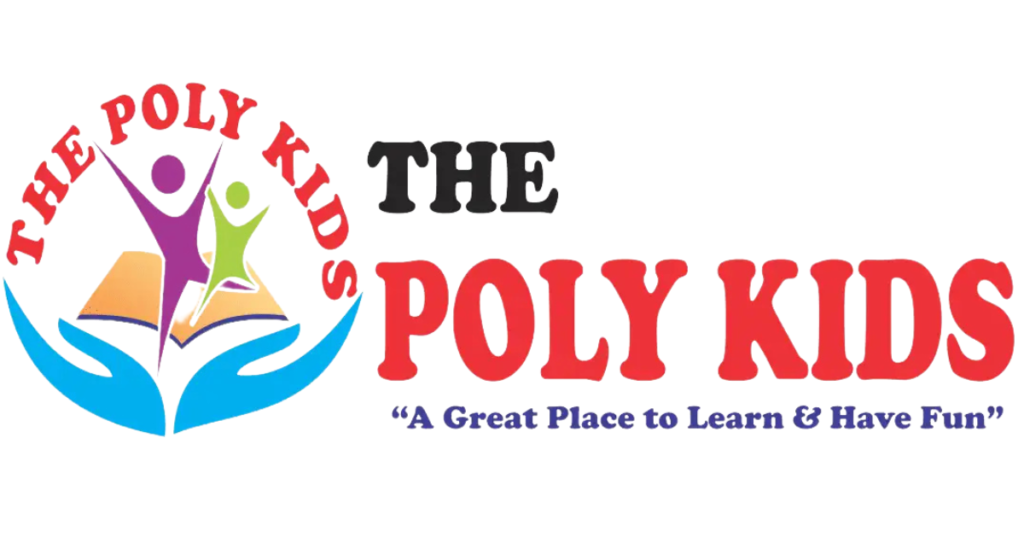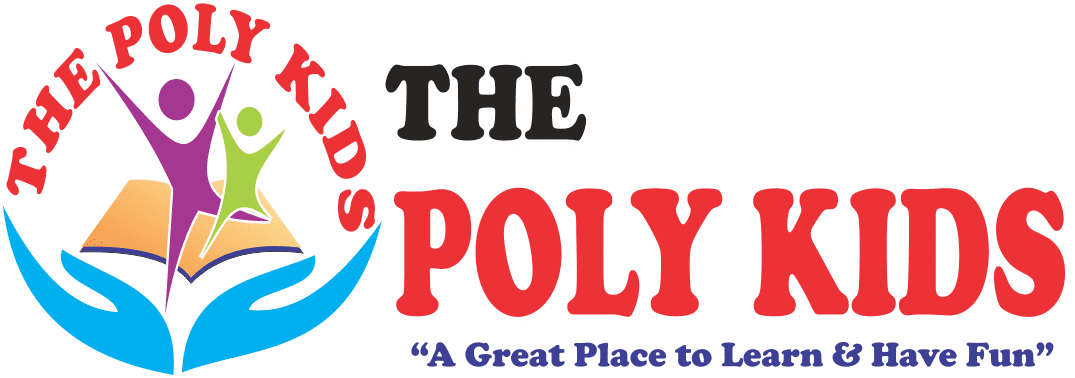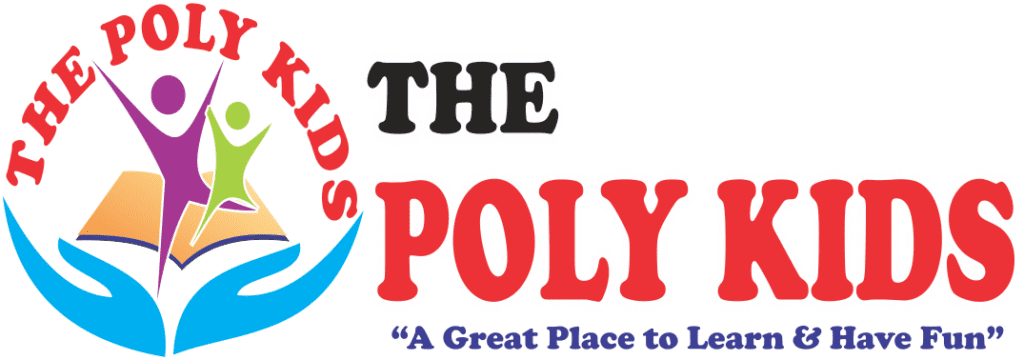Introduction: In today’s digital age, technology plays a significant role in shaping the educational landscape, even in kindergarten classrooms. As the best play school near me in Dehradun, we recognize the importance of introducing digital literacy skills at an early age. In this blog post, we’ll explore the benefits and challenges of technology integration in kindergarten education and how it prepares young minds for the digital world.
- Understanding Digital Literacy:
- Digital literacy refers to the ability to use and navigate digital devices, tools, and resources effectively.
- It encompasses skills such as keyboarding, internet research, multimedia creation, and online safety.
- Best Play School Near Me:
- As the best play school near me in Dehradun, we prioritize digital literacy as an essential component of our kindergarten curriculum.
- Our goal is to equip young learners with the necessary skills and knowledge to thrive in a technology-driven society.
- Benefits of Technology Integration:
- Enhances Learning Opportunities: Technology provides access to a vast array of educational resources, interactive games, and multimedia content that cater to diverse learning styles.
- Fosters Creativity and Innovation: Digital tools empower children to express themselves creatively through digital art, music composition, storytelling, and multimedia projects.
- Promotes Collaboration and Communication: Online platforms and digital tools facilitate collaboration among students, allowing them to work on projects together, share ideas, and communicate with peers and teachers.
- Develops Critical Thinking Skills: Engaging with technology encourages problem-solving, analytical thinking, and decision-making as children navigate digital environments and solve challenges.
- Prepares for Future Careers: Proficiency in digital literacy is essential for success in the modern workforce, where technology is pervasive across various industries.
- Balancing Screen Time:
- While technology offers numerous benefits, it’s essential to strike a balance and ensure that screen time is monitored and limited.
- Kindergarten schools implement policies and guidelines to regulate screen time and promote healthy technology usage habits.
- Introduction to Educational Apps and Software:
- Kindergarten students are introduced to age-appropriate educational apps and software that support learning objectives across different subject areas.
- These apps often feature interactive games, puzzles, quizzes, and simulations that reinforce academic concepts.
- Digital Storytelling Projects:
- Kindergarten classrooms incorporate digital storytelling projects where children use digital tools to create multimedia stories, animations, and presentations.
- Digital storytelling enhances literacy skills, creativity, and multimedia literacy as children craft narratives using text, images, and sound.
- Internet Safety and Cyber Citizenship:
- Digital literacy education includes lessons on internet safety, responsible online behavior, and cyber citizenship.
- Children learn about protecting personal information, avoiding cyberbullying, and respecting digital copyrights and intellectual property.
- Exploration of Educational Websites and Online Resources:
- Kindergarten students explore educational websites and online resources curated by teachers to support curriculum objectives and extend learning beyond the classroom.
- They engage in interactive activities, virtual field trips, and virtual experiments that deepen their understanding of various topics.
- Coding and Computational Thinking:
- Introduction to basic coding concepts and computational thinking principles is integrated into the kindergarten curriculum through age-appropriate coding apps and activities.
- Coding promotes problem-solving, logical reasoning, and algorithmic thinking skills in young children.
- Integration of Digital Tools Across Subjects:
- Technology is integrated seamlessly into various subject areas, including literacy, math, science, social studies, and the arts.
- For example, children may use educational apps to practice phonics skills, conduct virtual science experiments, or explore historical events through interactive timelines.
- Digital Citizenship Education:
- Kindergarten schools emphasize the importance of digital citizenship, teaching children about their rights and responsibilities as digital citizens.
- Topics include online etiquette, digital footprints, privacy settings, and ethical use of technology.
- Access to Interactive Whiteboards and Multimedia Resources:
- Kindergarten classrooms are equipped with interactive whiteboards, tablets, and multimedia resources that enhance instruction and engage students in interactive learning experiences.
- Teachers use these tools to deliver dynamic lessons, facilitate discussions, and showcase multimedia content.
- Parent Involvement in Digital Learning:
- Parents are encouraged to be actively involved in their child’s digital learning journey, supporting them in navigating digital tools and resources at home.
- Family engagement activities may include workshops, webinars, and resources on promoting digital literacy skills.
- Adapting Technology for Special Needs Students:
- Technology can be adapted to meet the needs of special needs students, providing personalized learning experiences and accommodations.
- Assistive technology tools and apps support students with diverse learning styles, abilities, and sensory needs.
- Educational Games and Simulations:
- Kindergarten students engage in educational games and simulations that reinforce academic concepts, develop problem-solving skills, and promote learning through play.
- Games cover a range of subjects, from math and literacy to science and social studies.
- Digital Portfolios and Assessment Tools:
- Kindergarten schools use digital portfolios and assessment tools to document children’s progress, showcase their achievements, and provide feedback to parents.
- Portfolios may include samples of digital artwork, multimedia projects, and reflections on learning experiences.
- Professional Development for Teachers:
- Kindergarten teachers receive ongoing professional development and training on integrating technology effectively into their instructional practices.
- Training focuses on selecting appropriate digital tools, designing engaging lessons, and addressing digital citizenship and internet safety.
- Community Partnerships for Technology Access:
- Kindergarten schools collaborate with community partners to ensure access to technology resources for all students, regardless of socioeconomic background.
- Partnerships may include technology grants, donations, or initiatives to provide devices and internet connectivity to underserved families.
- Ethical Use of Technology:
- Kindergarten students learn about the ethical use of technology, including respecting digital rights, practicing online etiquette, and being mindful of the impact of their digital footprint.
- They develop an understanding of digital ethics and integrity as responsible digital citizens.
- Continuous Evaluation and Improvement:
- Kindergarten schools continuously evaluate and improve their technology integration efforts based on feedback from teachers, students, and parents.
- They adapt their approaches to meet the evolving needs and challenges of digital learning environments.
Conclusion: In conclusion, digital literacy plays a crucial role in preparing kindergarten students for success in the 21st century. As the best play school near me in Dehradun, we are committed to equipping young minds with the necessary digital skills and knowledge to thrive in an increasingly technology-driven world. Through strategic integration of technology into the curriculum, we empower children to become confident, competent, and responsible digital citizens who are prepared to navigate and contribute to the digital society of tomorrow.
daycare centre school in dehradun|kindergarten school in dehradun|primary school in dehradun|pre school in dehradun|nursery school in dehradun|play school in dehradun|pre primary school in dehradun|Best Play School in dehradun|Top Pre school in dehradun|


